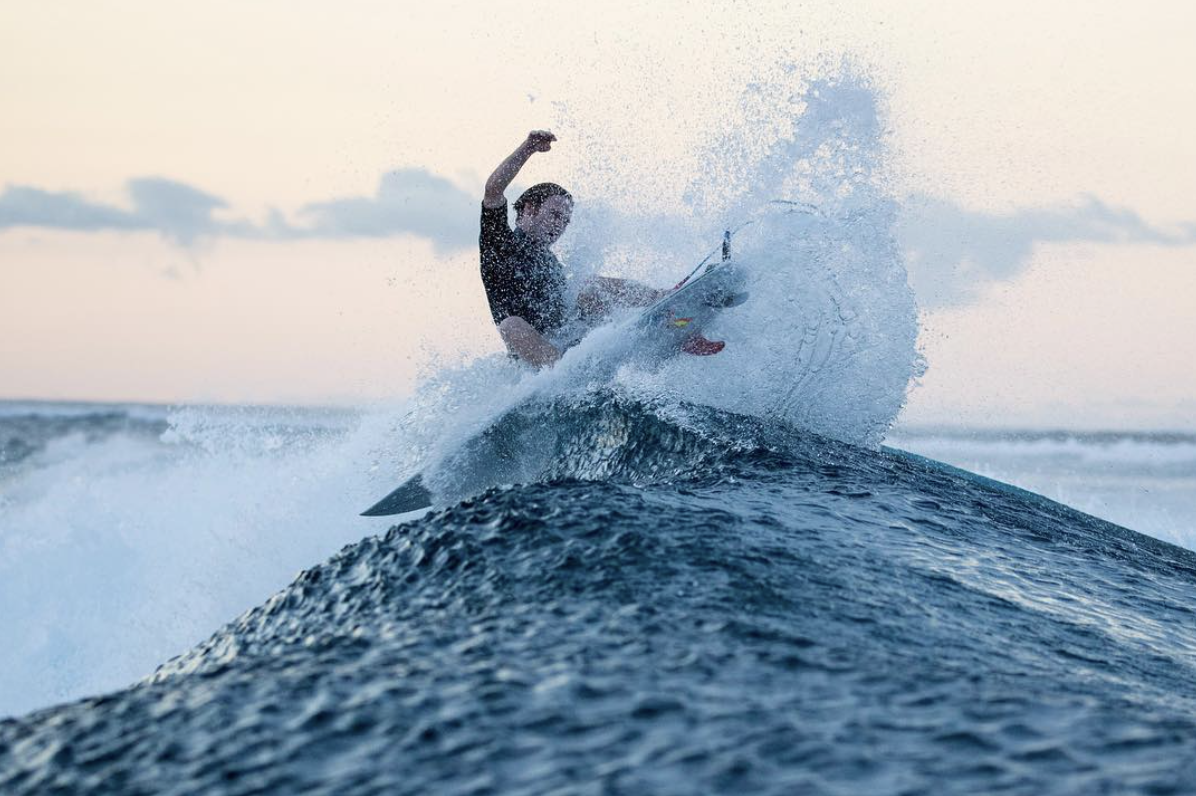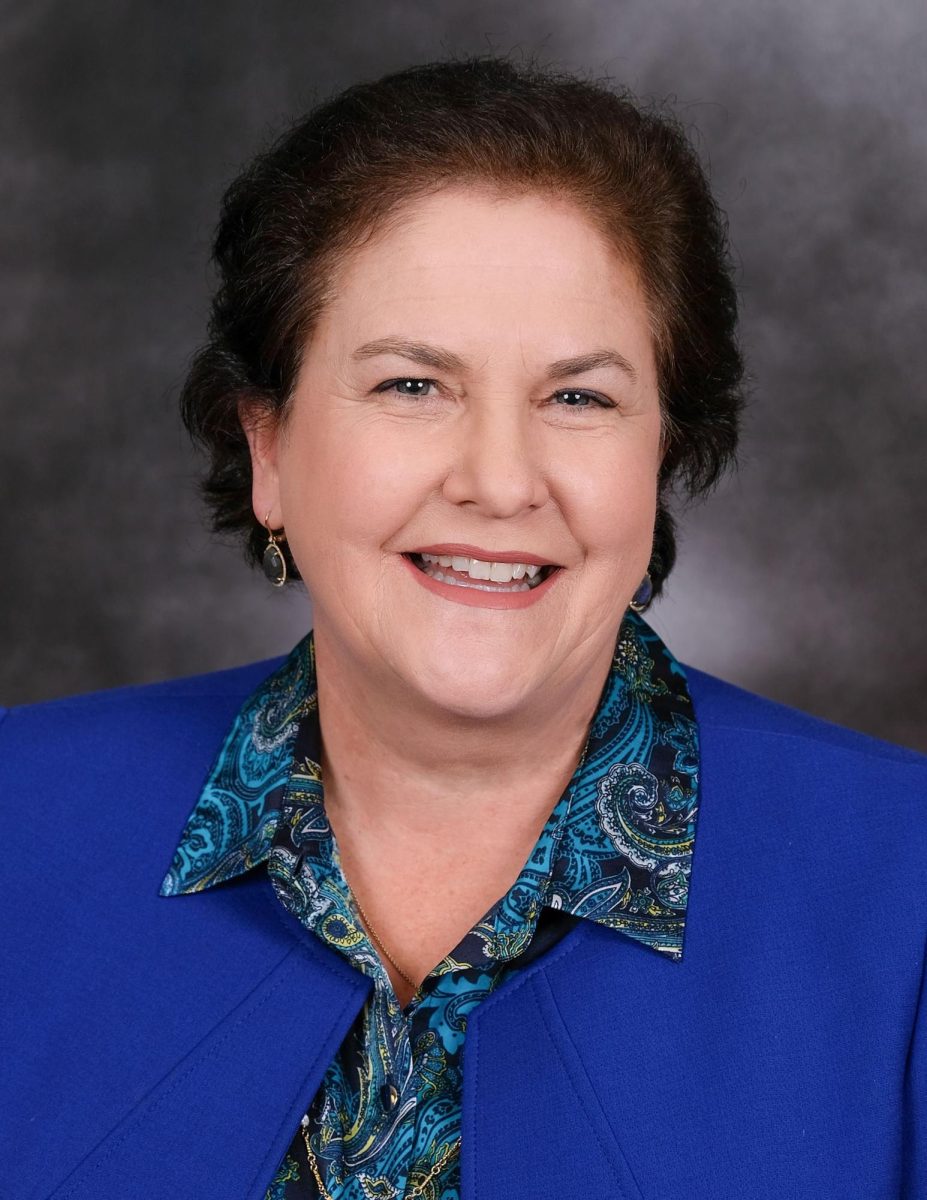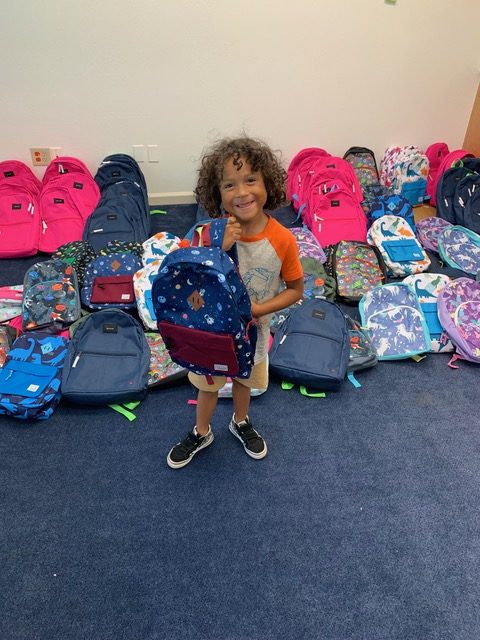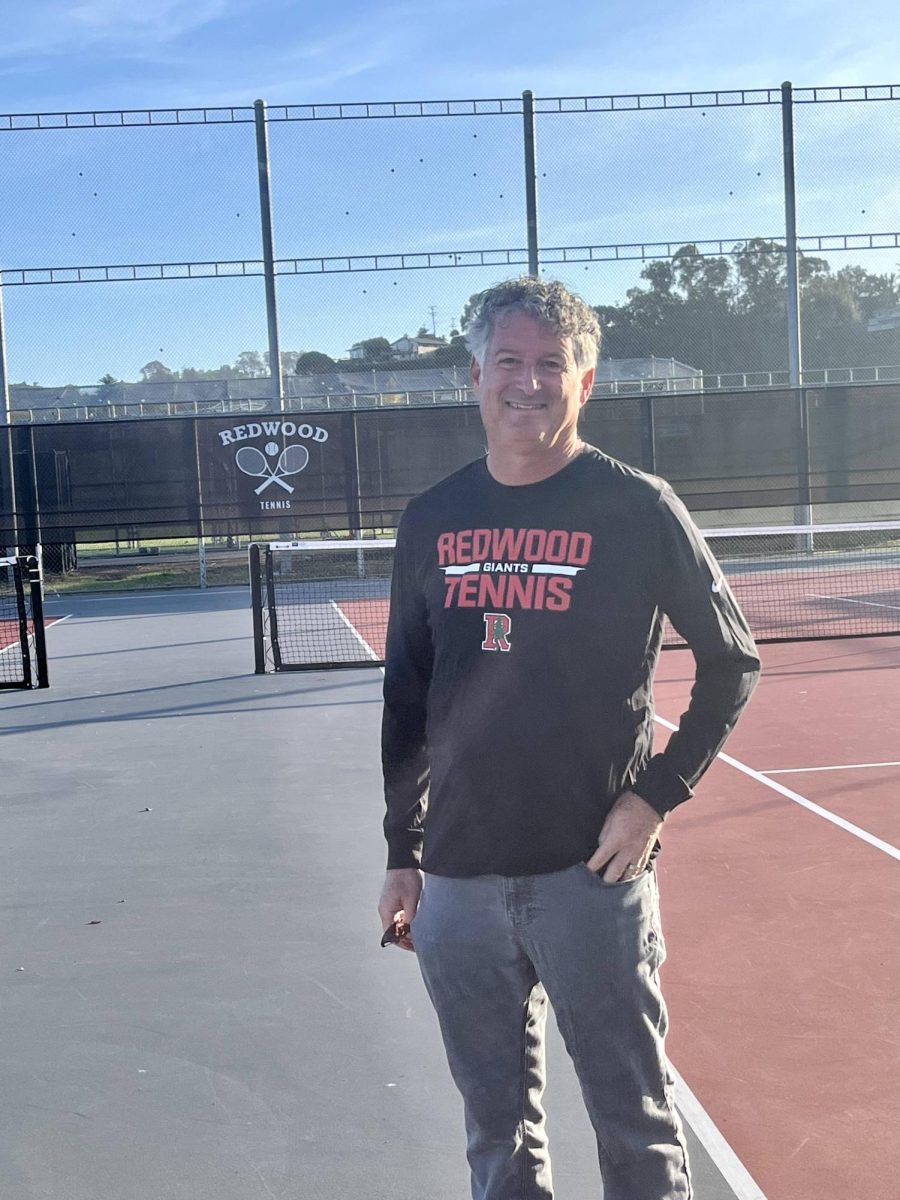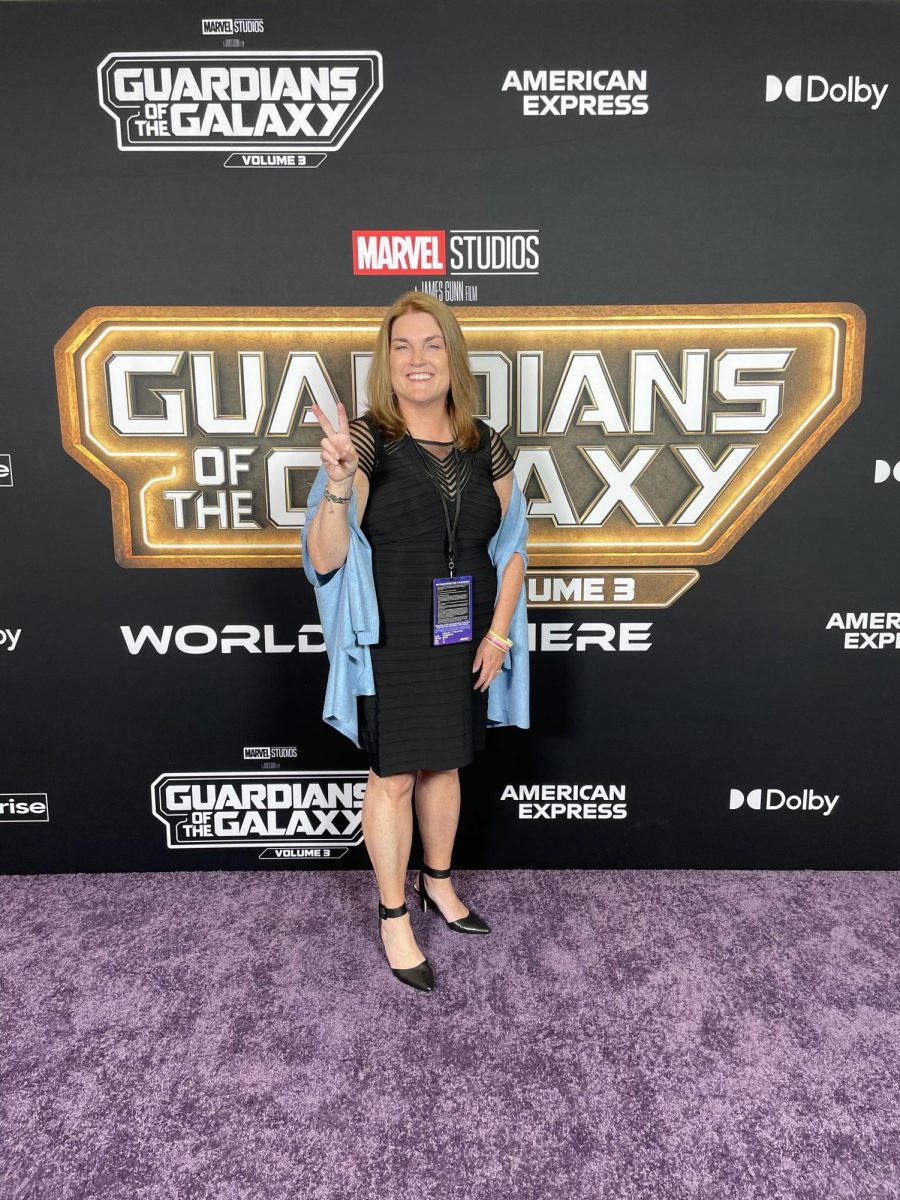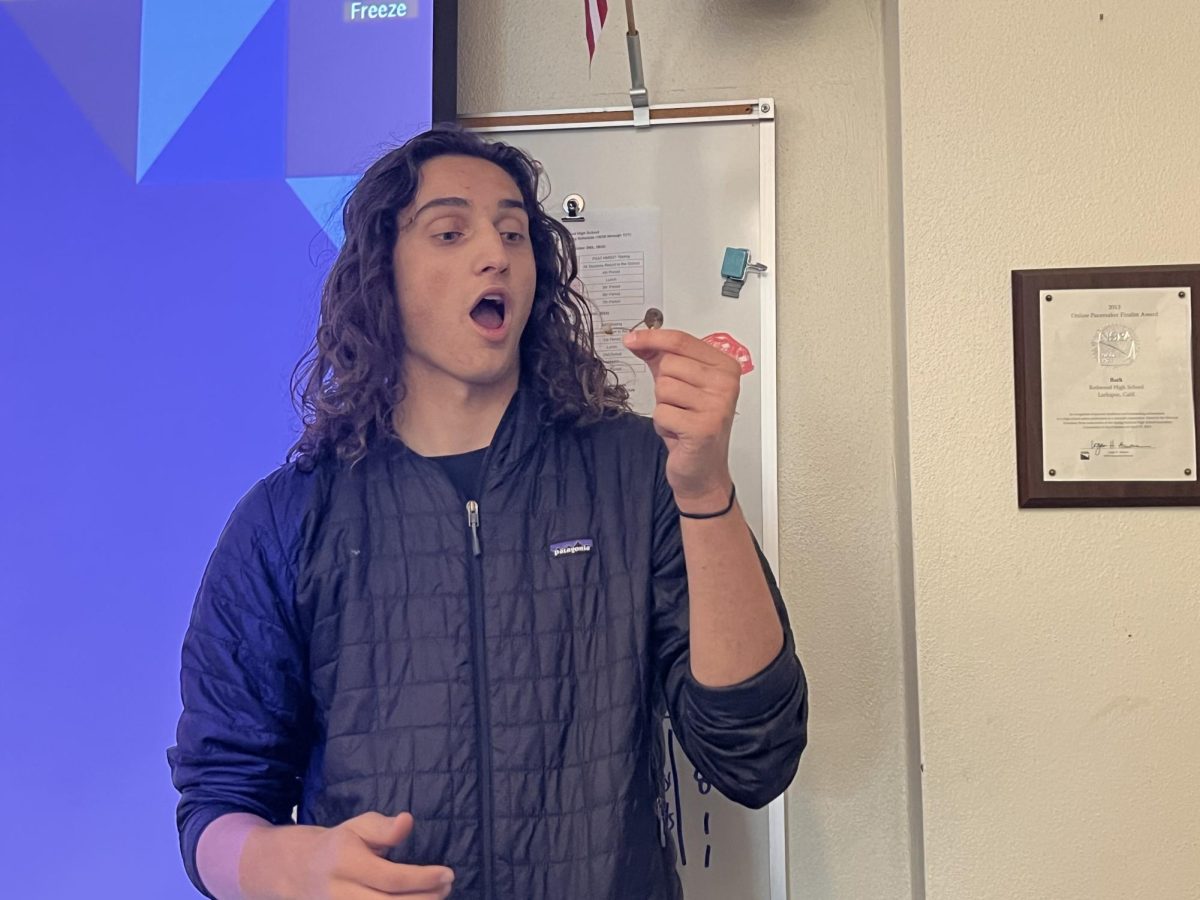While many musicians loudly protest the free downloading of music online, there is a growing chorus of others that actually encourage it.
Two voices on campus have entirely different views on this controversial issue. Music teacher John Mattern says pirating music violates the artists’ rights, whereas campus supervisor and professional rapper Dustin Sharpe encourages it.


Mattern says he believes pirating music should remain illegal to protect artists’ creations. However, he admits that it is almost impossible to protect all artists’ rights on the Internet.
Mattern said before people began pirating music, artists could make plenty of money from album sales and never have to tour. That all changed in the ‘90s with the emergence of online pirating.
“A lot of people in the late ‘60s, ‘70s and through the ‘80s didn’t tour that much, and made scads of money on record sales. Now you have to tour or you’re not going to make any money,” Mattern said.
Having recently watched a full Jackson Browne concert on YouTube, Mattern said he sees how easy it is for live music to be distributed illegally. For example, he said it is easier than ever for fans to record audio and video from concerts just by using their cell phones.
Sharpe, whose stage name is D.U.S.T, doesn’t see downloading of free music the same way as Mattern, and supports the free sharing of music online.
“People aren’t going to buy something they don’t know,” Sharpe says. “If you’re an up-and-coming artist and you don’t have that kind of outlet for promotion, you should put your songs online for free downloads.”
Sharpe says an alternative for musicians to make money from their songs involves the licensing of their music. He has his music placed in video games and movies, and receives royalty checks every month through those licensing deals.
“Opposed to having to sell a bunch of albums, you get a nice lump sum,” he said. “If you’re lucky, that will keep growing in a bunch of different avenues, like TV shows, commercials, you name it.”
Many musicians are still against pirating, and want it to be more strictly enforced. However, a growing number of new artists share the same opinion as Sharpe, who said that this new acceptance of pirating may just change how music is promoted.



